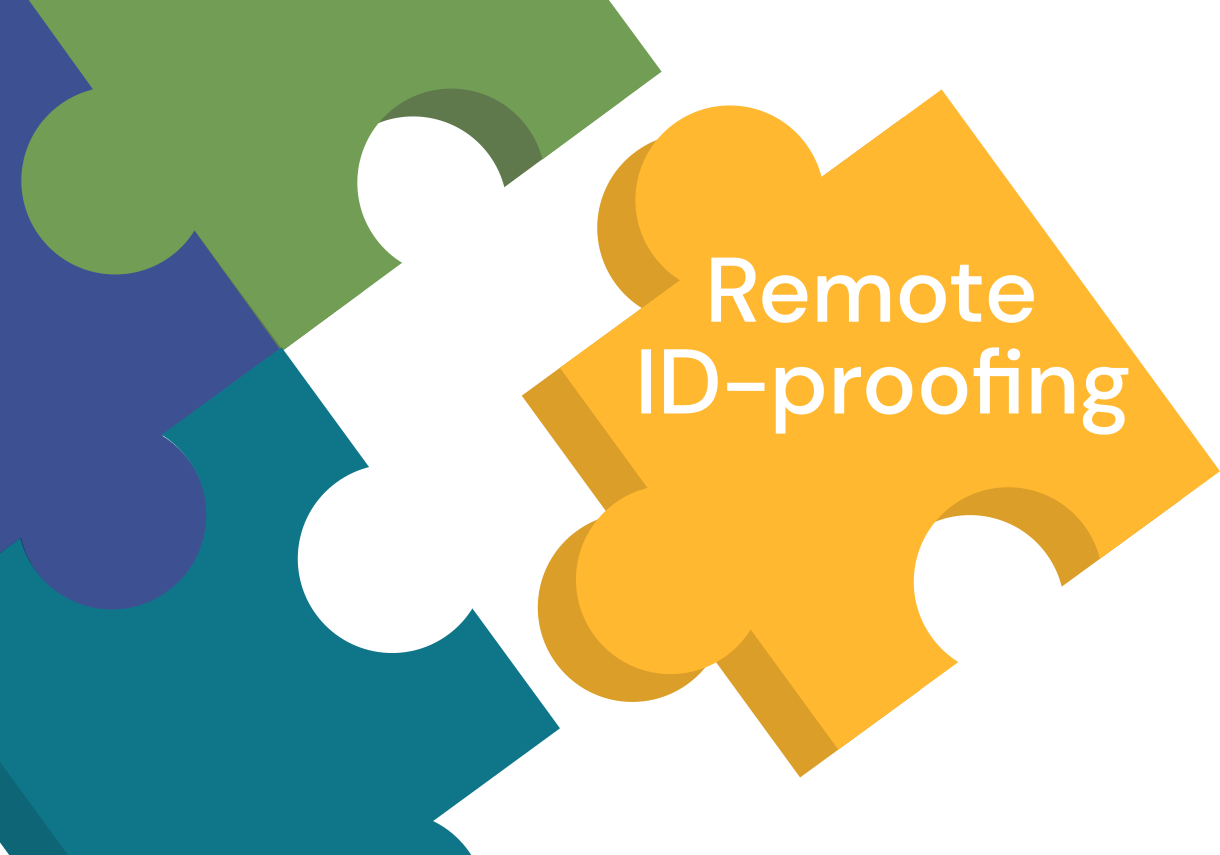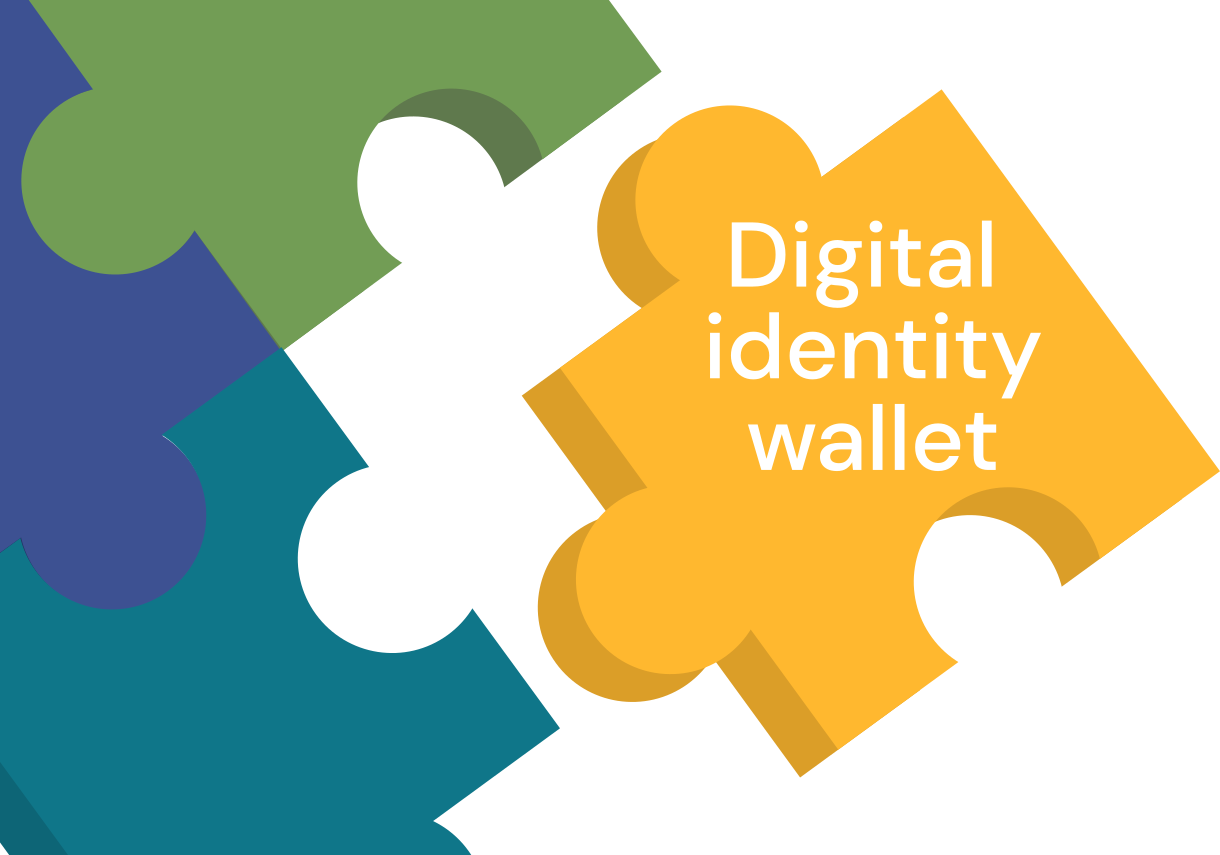
Understanding the rewards and challenges of digital credentials in financial interactions
Digital credentials and electronic attestations are now ubiquitous and will play an even greater role in financial and payment interactions with the development of digital identity wallets. Capturing their benefits can offer great value for service providers but require a clear understanding of how they can be stored and exchanged as well as of the risks involved. As a consultancy focusing on eID, digital credentials and other e-attested attributes used in financial services, we are combining regulatory expertise with a strong risk culture and technical knowledge of financial services.


A recognised expert in digital interactions for financial services
Stéphane's profile and involvement in SGM Consulting
Stéphane is the founder and president of SGM Consulting, a consultancy services firm focusing on digital identity, identity-proofing and related services for financial services firms.
Financial services are transformed by 'remote by default' interactions aiming to deliver superior customer experience whilst complying with stringent AML/CFT requirements. This is the new normal for service providers and the challenge is critical in the client onboarding phase where secure and trustworthy identity-proofing is essential. Whilst this situation is not entirely new, the increasing availability of digital identities and multi-purpose digital wallets, together with the renewed focus on privacy and personal data protection heralds a new area for digital interactions with customers, especially with the forthcoming deployment of eIDAS 2 digital identity wallets.
SGM Consulting is at the forefront of regulatory developments in the converging areas of digital identities and payment services and is well-positioned to help clients understand the implications of these trends for their services.
Wallet-based payments are the new normal for digital payments and will play a key role for central bank digital currencies such as the digital euro
Deploying remote consumer onboarding processes is a challenge with the deployement of digital identity schemes but also needs to integrate robust anti-money laundering requirements
Electronic signatures and attested attributes can play a major role in securing payment and other financial services.
SGM Consulting services at a glance
We are combining regulatory expertise with a strong risk culture and technical knowledge of digital tools and services, especially when used for remote Know-Your-Customer (KYC) and identity-proofing processes.
Together with your team, SGM Consulting guides you through the most important challenges of dealing with personally identifiable information in customer relationship processes, whether used for client onboarding or services management purposes.
We are involved in on-going European regulatory identity and payment wallet developments and are in a position to offer meaningful assistance on your wallet-based and other digital client-related projects.
We also acknowledge the need to take full account of the ecosystem and business model deployed by each client in order to build meaningful solutions. Indeed, combining skills and expertise that can be deployed in client environments and building really good teams is key to success.

Remote ID-proofing processes and digital identities meeting AML/CFT requirements
ID-proofing is a key KYC requirement for financial service providers and digital identities are widely used for customer onboarding processes but often fail to meet the levels of assurance required to meet applicable AML/CFT requirements. However, solutions exist offering both privacy and superior customer experience.
Through its involvement in the drafting of ETSI and ENISA specifications for identity-proofing processes, SGM consulting is well-positioned to help clients understand the implications of anti-money laundering requirements in digital interactions, especially for onboarding processes.

Digital identity wallets are the future of banking
The trend towards portable identity solutions is clear and will have a profound impact on the way financial services are offered to clients in the future. In the EU, the eIDAS 2.0 identity wallet proposal is shaping the debate and represents a key step towards digital currencies for retail use.
The convergence of identity and payment attributes is a defining trend for remote interactions and customer journeys, highlighted by the increased availability of mobile-based digital identities as well as the deployment of identity solutions by large tech actors and payment providers. The convergence is also illustrated, at a regulatory level, by the forthcoming eIDAS 2 proposal announcing European digital identity wallets that are to play a key role in payment interactions

A recognised voice in international forums
Through his involvement in European Commission projects, Stephane Mouy has been actively involved in shaping the European digital identity debate, especially for use in connection with financial services
